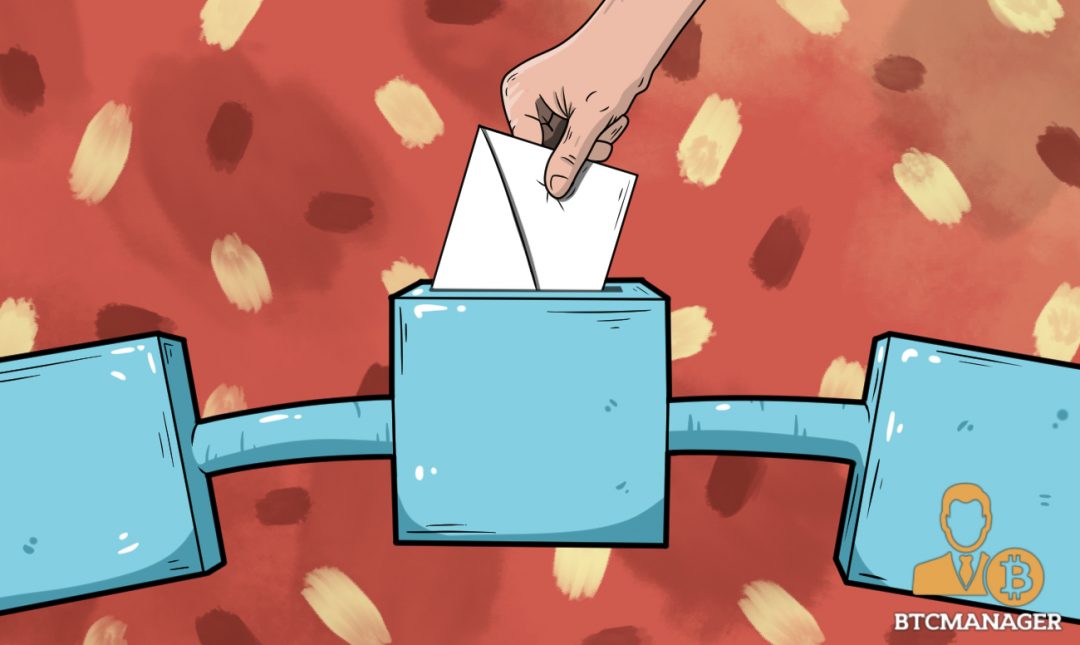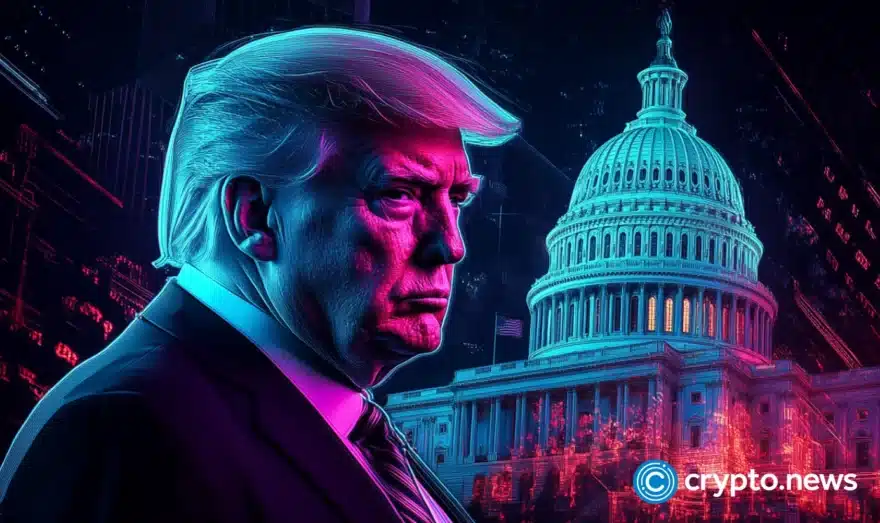Moscow Launching Pilot Program for Blockchain-Based E-Voting Platform

Just months after Russian President Vladimir expressed interest in blockchain technology and issuing a national cryptocurrency, the government has announced the pilot test of a new blockchain-based local voting system.
Moscow’s Active Citizen Initiative
A press statement issued by the Russian government on December 4, 2017, reveals that this new voting platform is a venture to make Moscow’s Active Citizen initiative more transparent and open, while simultaneously allowing citizens themselves to verify the results of polls.
The Active Citizen program, announced in August 2017, aims to improve communication between citizens of the country and the government. Users will utilize the voting platform for small civic issues and according to the Moscow government, be used for regional elections later.
Russia, like most other countries, has maintained the long-standing belief that the technology will bring radical improvements to existing infrastructure and industries.
Even though online-based voting systems have been implemented in the past, the integration of a blockchain into such a platform will bring a myriad of benefits to both, the government and its citizens. Blockchain technology relies on the principles of immutability, decentralization, and distribution.
Simply put, a blockchain is an unalterable record that can be stored on multiple computers around the world. In the event that new data needs to be written onto the blockchain, all of those networks would need to recognize and approve the change unanimously.
Malicious activity like Ransomware attacks would be much harder to carry out on such a system.
The Dangers of Centralization
This process is in stark contrast to conventional online voting platforms. In the former data is stored on a single, central server. This sort of implementation introduces a single point of failure for the entire voting infrastructure and is a massive risk for a program of this scale.
With the looming threats of hacking and vote manipulation, it is easy to see why the Russian government is keen on using a blockchain instead of just an ordinary database.
Interestingly, the code for the pilot program has been made completely open-source. The project being open-source allows anyone to audit the program and even allows citizens to propose improvements to the code. The repository, managed by Moscow Technologies, is available on GitHub.
Reassessing a Growing Sector
Along with the rapid surge in cryptocurrency prices, blockchain technology has also been gaining popularity everywhere. Startups around the world are attempting to integrate the technology into virtually every industry imaginable, from food to entertainment.
Countries such as China that earlier turned a cold shoulder to cryptocurrencies have recently announced plans for blockchain-based projects.
The Russian government has not taken a firm stand on cryptocurrencies yet, and its moderate stance on the subject is unlikely to change in the immediate future. However, Russia understands the scope of distributed ledger technology and is likely to continue making significant progress in this field.
Contrary to what it might look like though, the varied applications of blockchain are still uncharted territory, and the technology is still in its nascent stages. Furthermore, it will take several iterations of tests and many pilot programs before all the kinks are ironed out, and a full-fledged blockchain-based application is finally available for the masses to use.












